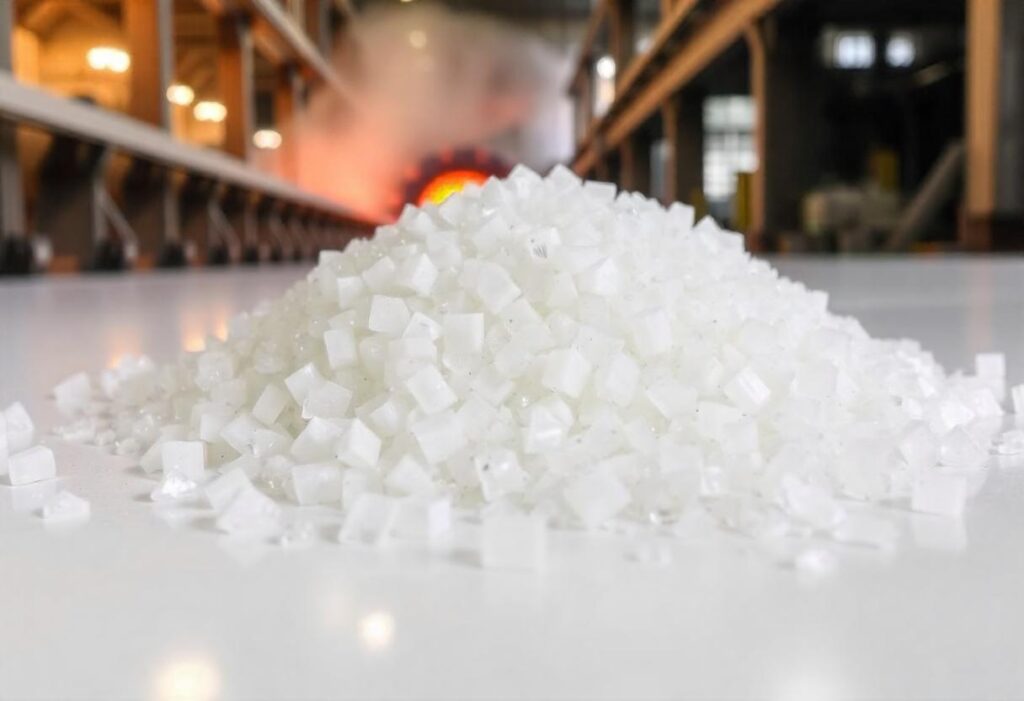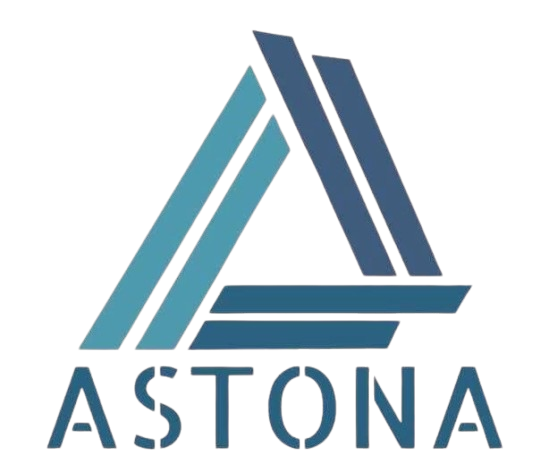Metal Industries
Specifications and Applications of Quartz in the Metal Industry Quartz (Silica) Granules

In the metallurgical industry, quartz granules play a crucial role in iron and steel production. During the raw iron manufacturing process, these granules serve as a fundamental component in slag formation within blast furnaces. Additionally, quartz provides a protective coating for steel gutters and acts as an essential material in blast furnace operations, enhancing the overall efficiency of metal production processes.
Our Specifications :
- High SiO₂ content ranging from 99.5% to 99.9%
- Minimal alkali content, often negligible
- Low iron content, up to 0.008%
- Mohs hardness of 7
Specifications of Quartz suitable for Applications in the Metal Industry :
The utilization of quartz granules and powder varies across different industrial applications, with high-purity variants being particularly critical for furnace and refractory applications. Industrial sand represents a fundamental component in both ferrous and non-ferrous foundry processes, offering exceptional technical characteristics that make it indispensable in metal casting.
The unique properties of silica sand make it an invaluable material in metallurgical operations. With an impressive fusion point ranging between 1650-1760°C and minimal thermal expansion, silica enables the creation of stable cores and moulds that can withstand diverse pouring temperatures and accommodate various alloy systems. Moreover, the chemical purity of silica prevents unwanted interactions with catalysts and ensures consistent curing rates of chemical binders.
Specifications of Quartz in Powder and Granule forms :
- SiO₂ content: Above 98%
- Fe₂O₃: Ideally 0.04% or less
- Other trace elements: Below 1.0%
- Free from contaminants such as clay, sand, and other impurities

